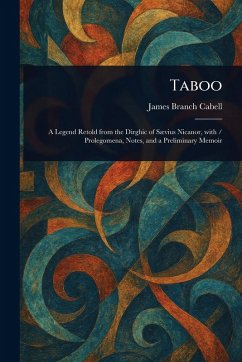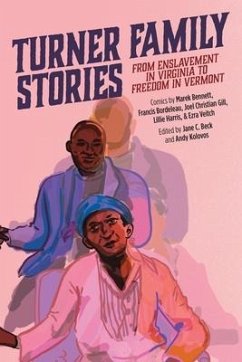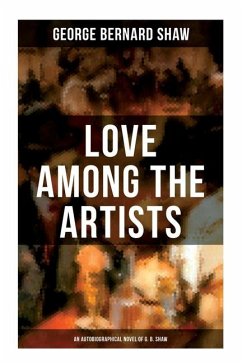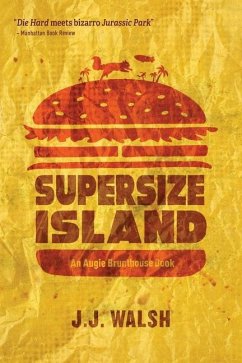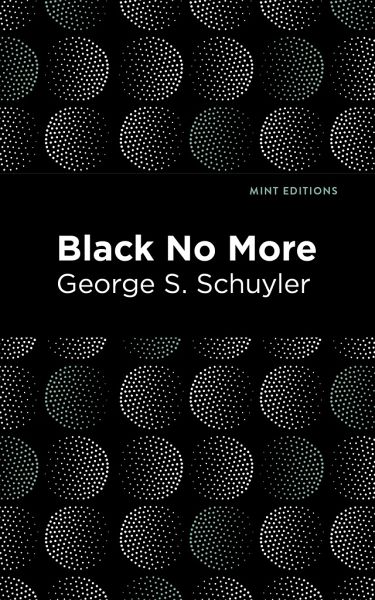
Black No More
Being an Account of the Strange and Wonderful Workings of Science in the Land of the Free A.D. 1933-1940
Versandkostenfrei!
Versandfertig in über 4 Wochen
19,99 €
inkl. MwSt.
Weitere Ausgaben:

PAYBACK Punkte
10 °P sammeln!
LARGE PRINT EDITION.What would happen if science gave Black Americans the choice to become white? Mirroring The Blacker the Berry, by Wallace Thurman, George S. Schuyler's Black No More: Being an Account of the Strange and Wonderful Workings of Science in the Land of the Free, AD 1933-1940, is one of the first Afrofuturistic novels ever published. On New Year's Eve, Max Disher's romantic advances are rejected on the basis that he is a Black man. Come New Year's Day, the answer to his frustration appears in the form of an announcement about a new scientific procedure called Black-No-More; Belie...
LARGE PRINT EDITION.What would happen if science gave Black Americans the choice to become white? Mirroring The Blacker the Berry, by Wallace Thurman, George S. Schuyler's Black No More: Being an Account of the Strange and Wonderful Workings of Science in the Land of the Free, AD 1933-1940, is one of the first Afrofuturistic novels ever published. On New Year's Eve, Max Disher's romantic advances are rejected on the basis that he is a Black man. Come New Year's Day, the answer to his frustration appears in the form of an announcement about a new scientific procedure called Black-No-More; Believing that his life will have much more fortune in white skin, he goes through with the treatment; changing his name to Matthew Fisher. The newly-made white Max has to decide what it means to live and breathe on the other side of the color line. Professionally typeset with a beautifully designed cover, this edition of Black No More is a reimagining of a Harlem Renaissance staple for the modern reader. Since our inception in 2020, Mint Editions has kept sustainability and innovation at the forefront of our mission. Each and every Mint Edition title gets a fresh, professionally typeset manuscript and a dazzling new cover, all while maintaining the integrity of the original book. With thousands of titles in our collection, we aim to spotlight diverse public domain works to help them find modern audiences. Mint Editions celebrates a breadth of literary works, curated from both canonical and overlooked classics from writers around the globe.





